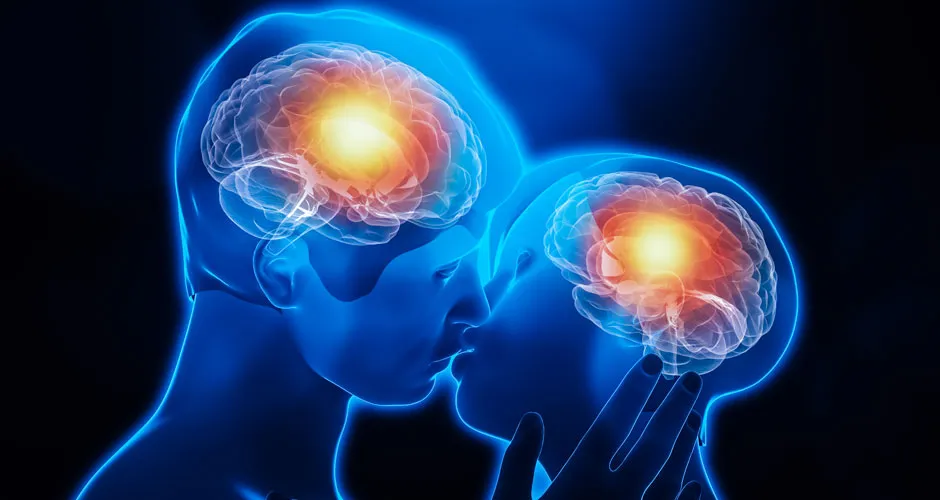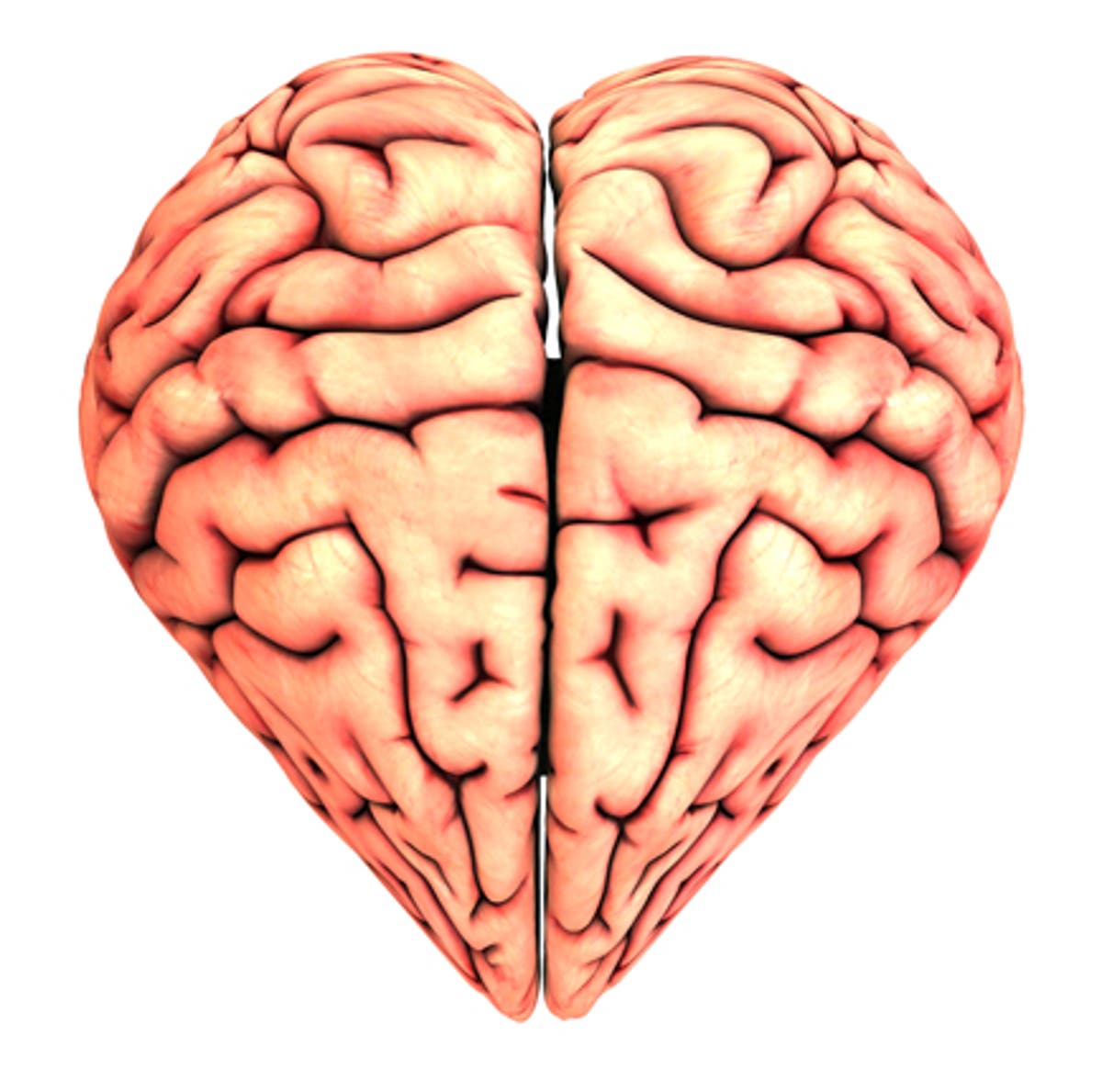The Science of Love: Unveiling the Genetic Blueprint Behind Lasting Romance

Love, that mysterious force that has been celebrated in songs and poems throughout history, is not just a fleeting emotion; it has a profound impact on our brains and bodies. The rollercoaster ride of romantic love, with its highs and lows, is not only a complex emotional experience but also a subject of scientific exploration. Recent research delves into the intricate interplay of genetics and neurobiology to understand why some love lasts while others fade away.
Read more: Narmada Jayanti 2024: Date, puja timings, history and significance of the day
- The Brain in Love: While the heart symbolizes love, it’s the brain that orchestrates this intricate dance of emotions. In the initial stages of love, gazing at a loved one activates neural activity deep within the brain, releasing the pleasure-inducing neurotransmitter dopamine. Theresa Larkin, an associate professor of medical sciences, explains how the brain’s reward system uses dopamine to drive our motivation, making us crave the reward of being with our loved one again. The limbic system, responsible for emotional responses and memory, also plays a crucial role, inhibiting our judgment and negative emotions, rendering us temporarily “blind in love.”
- Measuring Love: Behavioral Activation System (BAS) Researchers have explored the behavioural activation system (BAS) to understand the intensity of love. Individuals with higher BAS sensitivity, a trait influenced by genetics and environment, tend to seek rewards eagerly, displaying more impulsive and extroverted behaviour. The study, conducted by Adam Bode at the Australian National University, sheds light on how genetics and social factors contribute to the experience of love.
Read more: 10 Best translucent powders and shades for a flawless makeup look
3. When Love Is Here to Stay: Beyond the initial surge of romantic love, oxytocin, often referred to as the love hormone, comes into play, fostering feelings of trust and commitment. As oxytocin binds to receptors, it triggers the release of dopamine, linking the initial attraction phase with the enduring aspects of love. The transition from passionate love to companionate love, rooted in friendship and deep respect, varies among couples. Some studies suggest that reward pathways activated in the early stages of love persist even after years of marriage.
 4. Health Pros and Cons of Love: Love not only lights up the brain but also has tangible effects on health. Oxytocin, with its anti-inflammatory and anti-stress properties, positively influences cardiovascular function. Romantic love is associated with the positive side effects of hypomania, leading to increased physical activity, reduced depression, and improved sleep for some individuals. However, the all-consuming nature of love may also distract individuals from essential aspects of well-being, such as exercise and maintaining other social relationships.
4. Health Pros and Cons of Love: Love not only lights up the brain but also has tangible effects on health. Oxytocin, with its anti-inflammatory and anti-stress properties, positively influences cardiovascular function. Romantic love is associated with the positive side effects of hypomania, leading to increased physical activity, reduced depression, and improved sleep for some individuals. However, the all-consuming nature of love may also distract individuals from essential aspects of well-being, such as exercise and maintaining other social relationships.
5. Why Some Love Isn’t Forever: The Genetic Factor Individuals have varying baseline levels of oxytocin and dopamine, influencing the depth of their feelings toward their partners. Genetic predispositions may play a role in determining the longevity of love. Some may need more dopamine to activate their reward system, potentially leading to boredom and a search for new love interests. The question of whether someone stays in love might be genetically determined, as suggested by Adam Bode. Ongoing research in Australia aims to unravel more mysteries of romantic love and its genetic underpinnings.
We’re now on WhatsApp. Click to join.
Conclusion: Love, with its mesmerizing blend of emotions and complex neurobiology, remains a fascinating subject of scientific inquiry. Understanding the genetic factors that influence the intensity and duration of romantic love opens new avenues for research and challenges traditional notions of the permanence of affection. As Australia positions itself as a leader in romantic love research, the coming years may bring more insights into the intricate dance between genes and love, helping us decipher the mysteries of the heart and mind.
Like this post?
Register at One World News to never miss out on videos, celeb interviews, and best reads.









